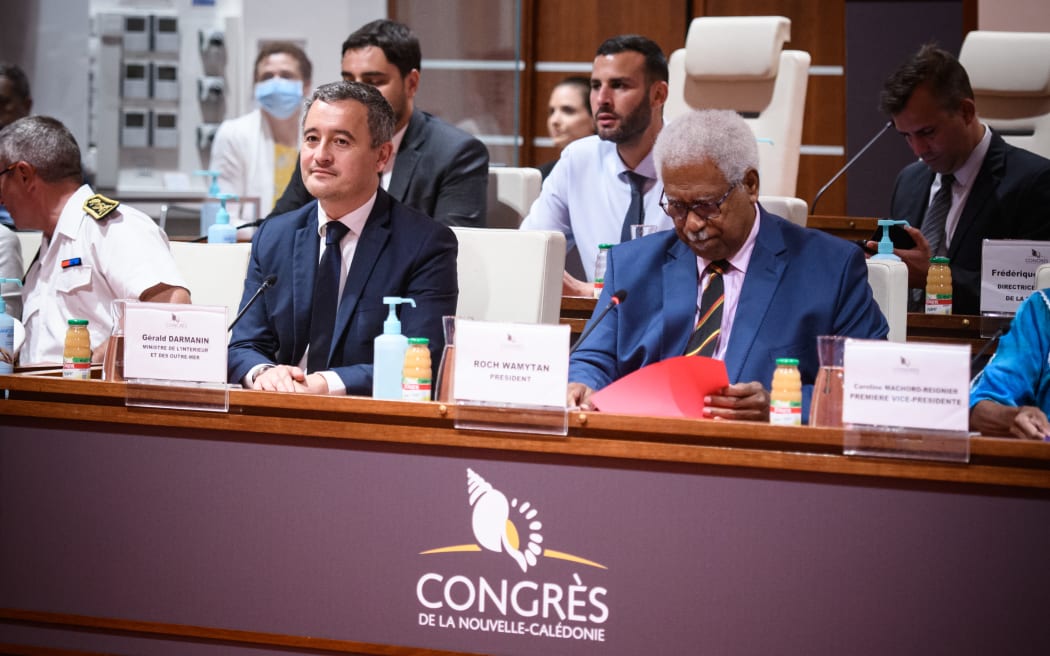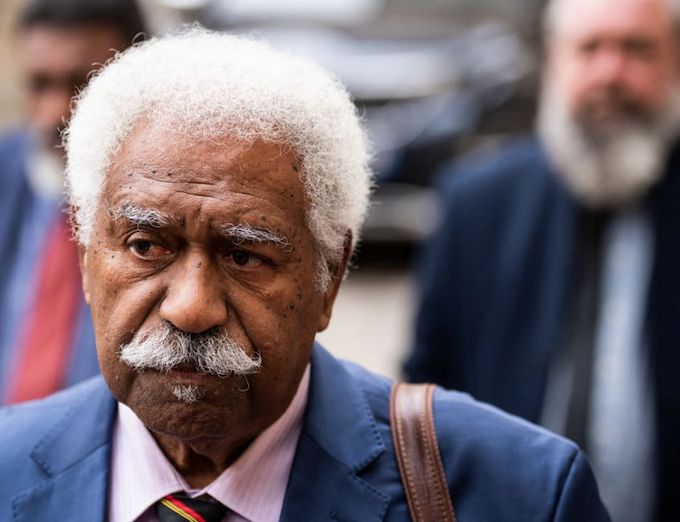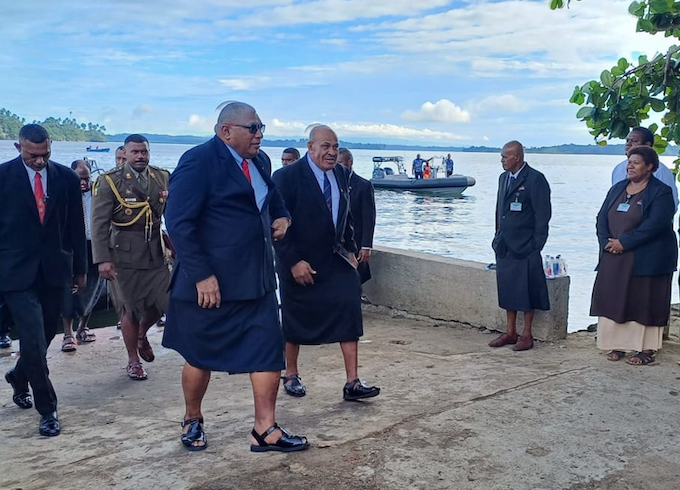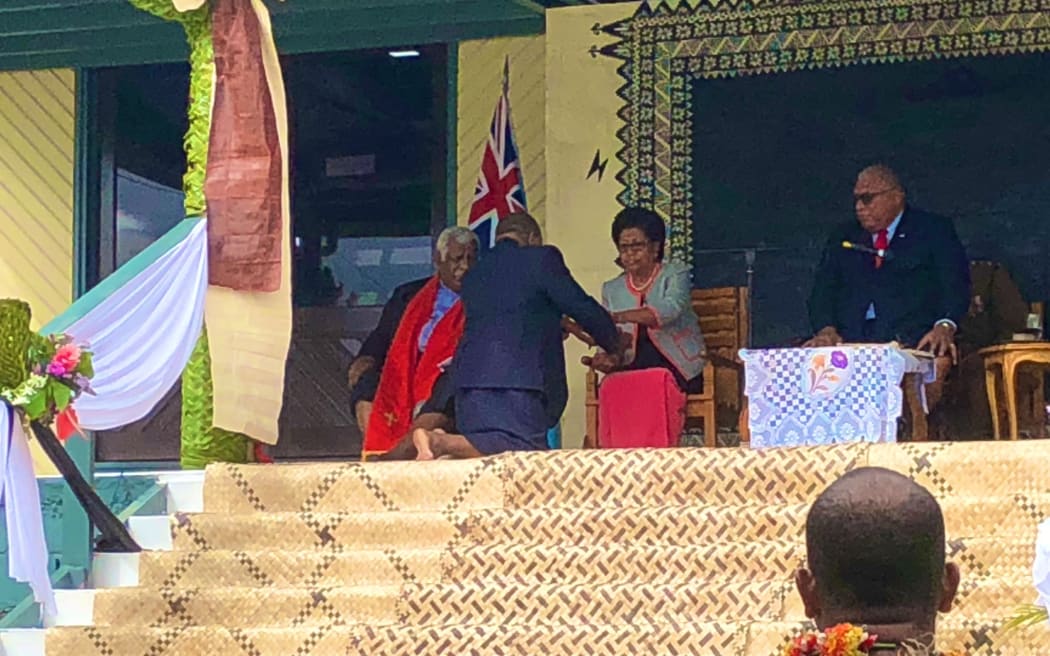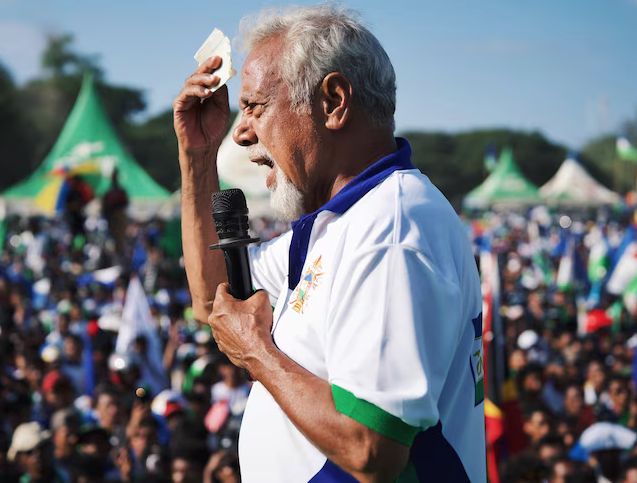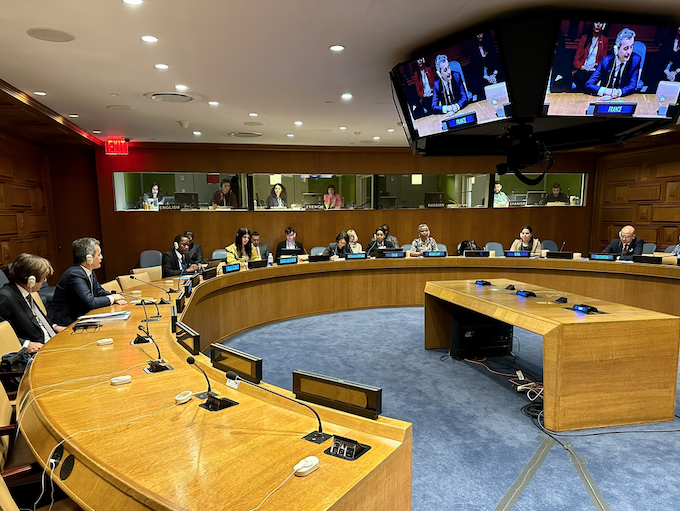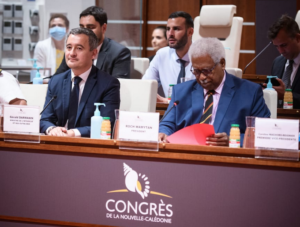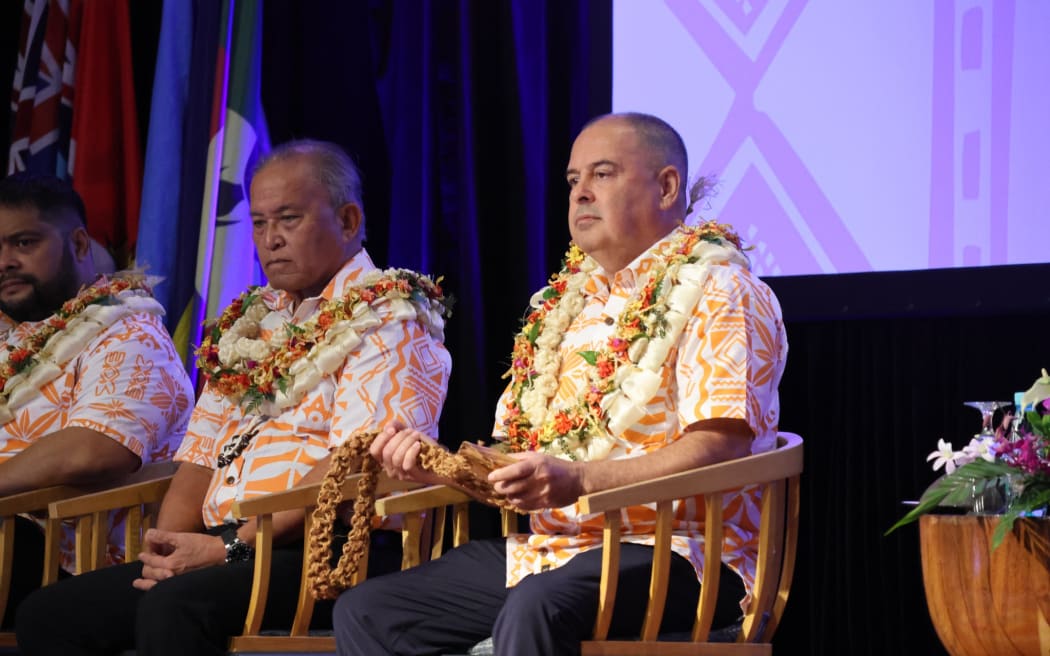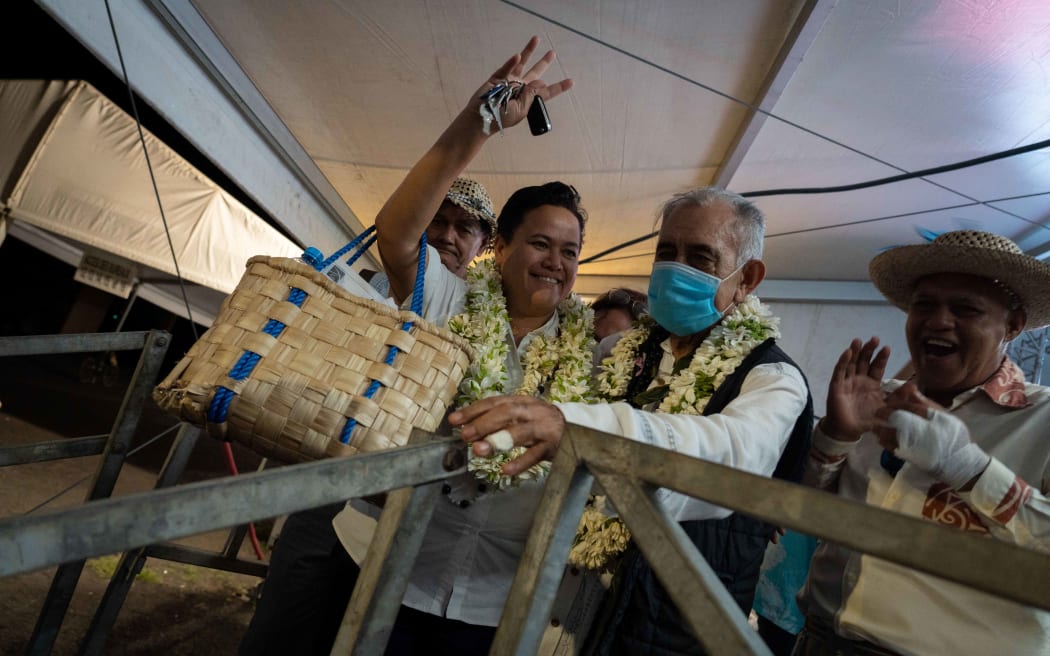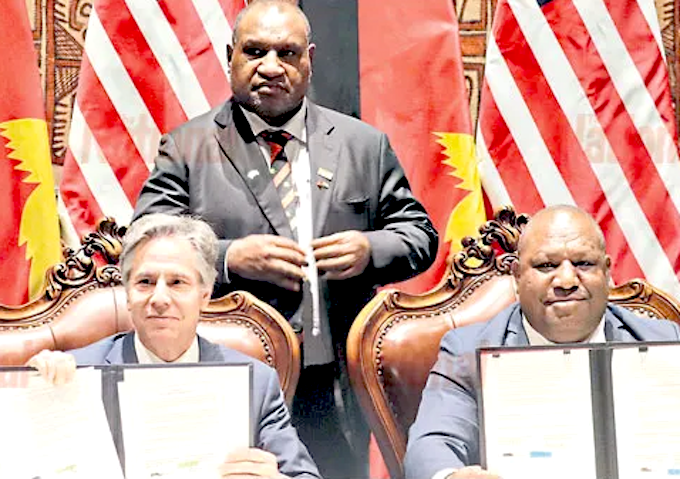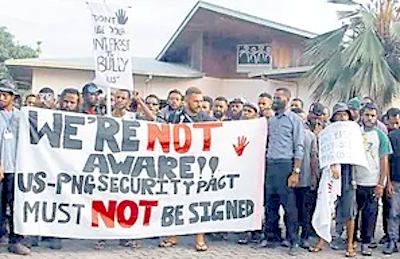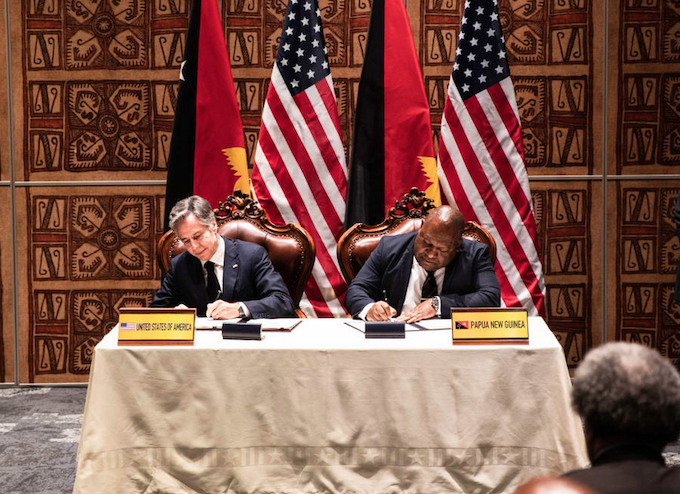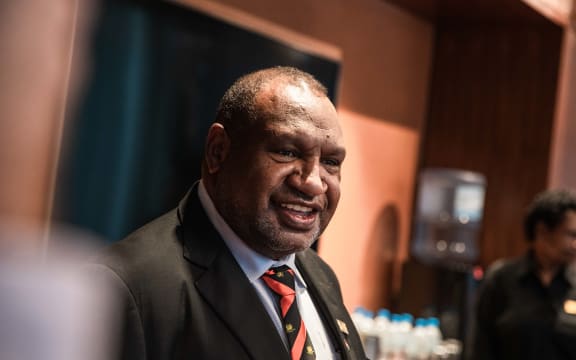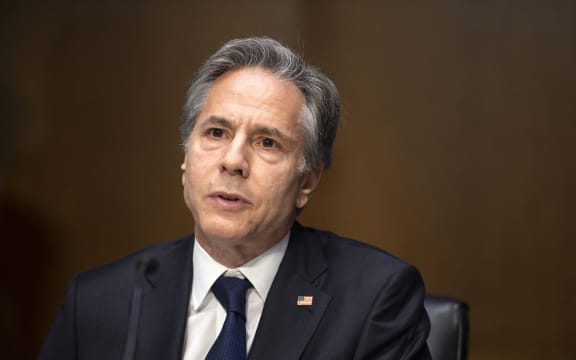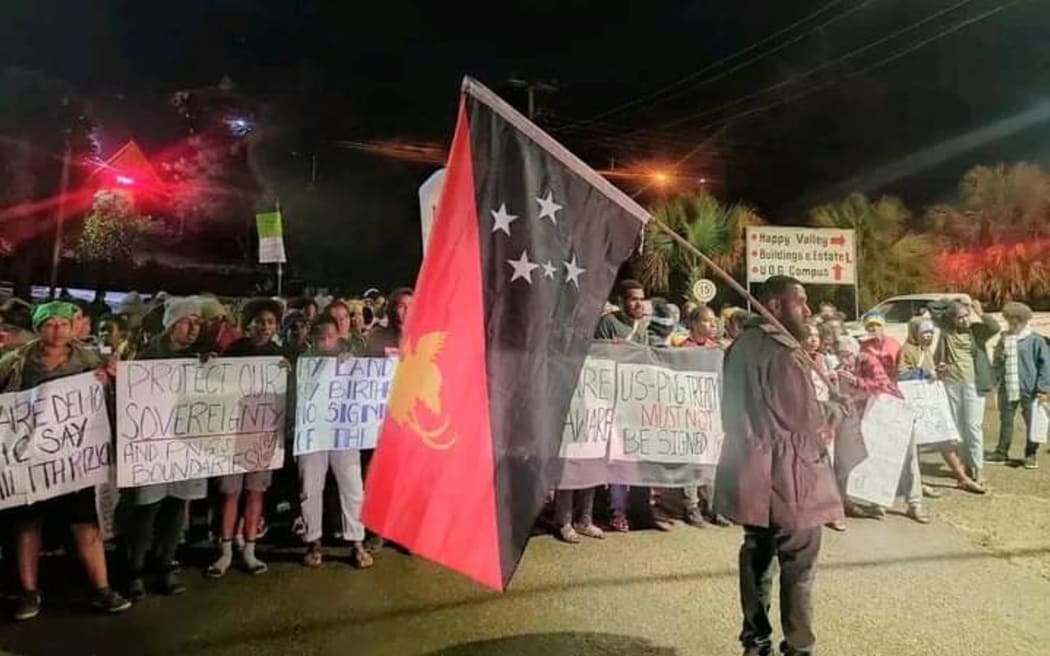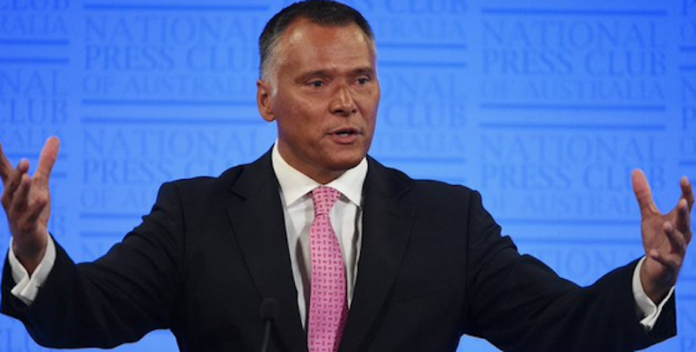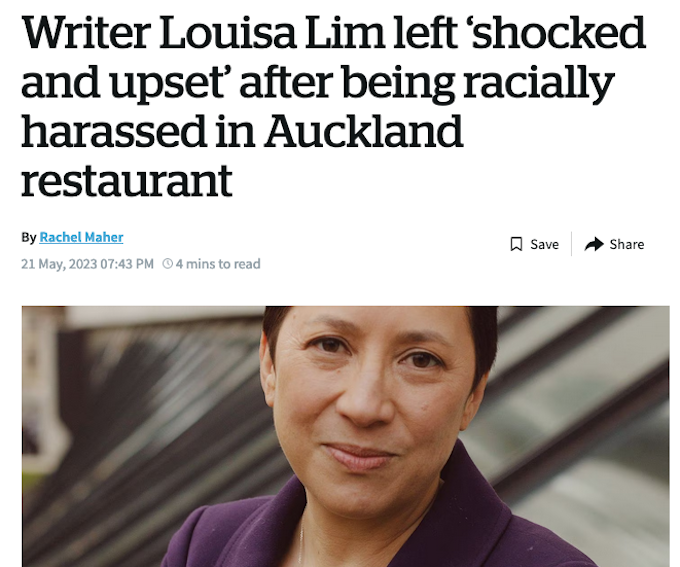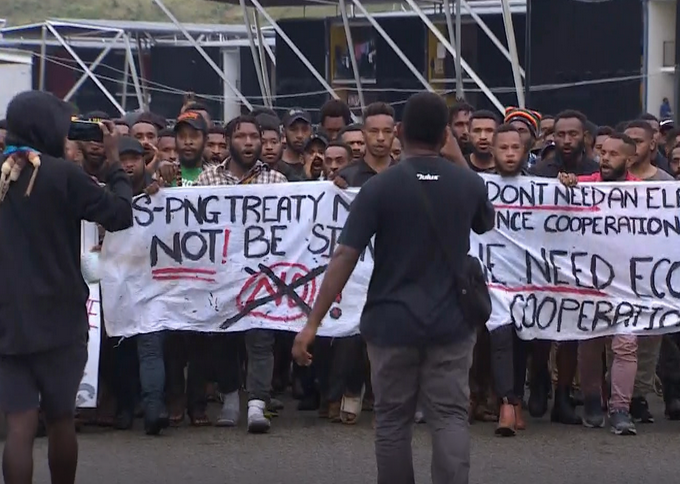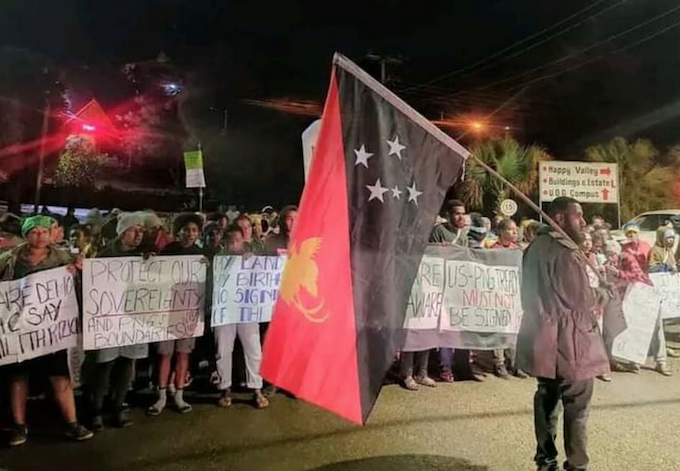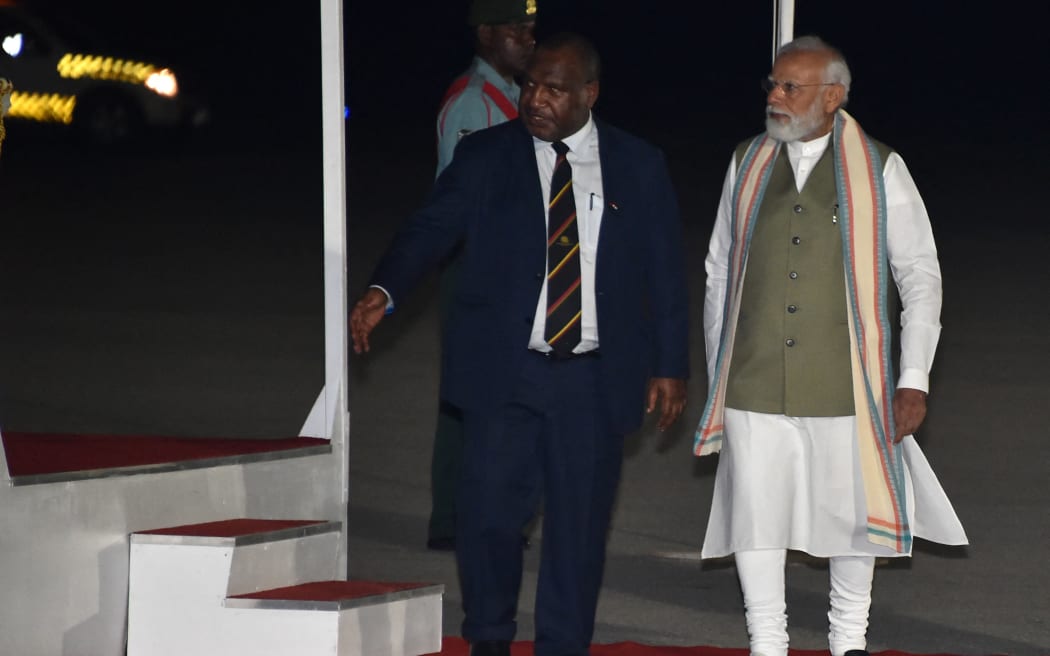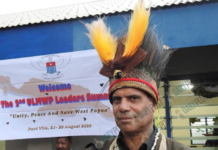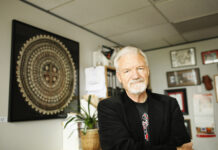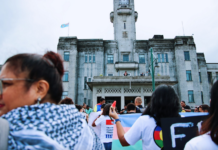By Walter Zweifel
New Caledonia’s largest pro-independence party says the latest French pronouncement on self-determination is an insult to the decolonisation process.
Amid a dispute over the validity of the referendum process under the Noumea Accord, French Interior Minister Gérald Darmanin told the United Nations last week that self-determination might take “one or two generations”.
The Caledonian Union said the statement contradicted the 1998 Noumea Accord which was to conclude after 20 years with New Caledonia’s full emancipation.
- READ MORE: France briefs UN on New Caledonia decolonisation impasse
- Other French Pacific decolonisation reports
However, three referendums on independence from France between 2018 and 2021 to complete the Accord resulted in the rejection of full sovereignty.
But the Caledonian Union says the trajectory set out in the Noumea Accord has not changed and the process must conclude with New Caledonia attaining full sovereignty.
In a statement, the party has accused France of being contradictory by defending peoples’ right to self-determination at the UN while not respecting the colonised Kanak people’s request and imposing the 2021 referendum.
The date was set by Paris but because of the impact of the covid-19 pandemic on the indigenous Kanak population, the pro-independence parties asked for the vote to be postponed.
The French government refused to accede to the plea and as a consequence the pro-independence parties stayed away from the poll in protest.
Although more than 96 percent voted against full sovereignty, the turnout was 43 percent, with record abstention among Kanaks at the centre of the decolonisation issue.
Pro-independence parties therefore refuse to recognise the result as a legitimate outcome of the decolonisation process.
They insist that the vote is not valid despite France’s highest administrative court finding the referendum was legal and binding.
Darmanin due back in Noumea
The latest meeting of the Caledonian Union’s leadership this week was to prepare for next week’s talks with Darmanin, who is due in Noumea for a second time in three months.
Paris wants to advance discussions on a new statute after the referendums.
In its statement, the Caledonian Union said it wanted France to specify what its policies for New Caledonia would be, adding that for the party, they had to be in line with the provisions of the Noumea Accord.
The party said fresh talk of self-determination should not be a pretext of France to divert from the commitments in the Accord.
It also said it would not yet enter into formal discussions with the anti-independence parties about the way forward although they also were Noumea Accord signatories.
The party also said it would not discuss the make-up of New Caledonia’s electoral rolls until after a path to full sovereignty had been drawn up in bilateral talks with the French government.
On La Premiere television on Sunday night, Congress President Roch Wamytan, who is a Noumea Accord signatory and a Caledonian Union member, said his side had a different timetable than Paris.
While the French government was focused on next year’s provincial elections, Wamytan said it was not possible to discuss in the space of a month or two the future of a country or of a people that had been colonised.
He also wondered if Darmanin was serious when he said it could take two generations, or 50 years, for self-determination.
Wamytan said after the failed 2021 referendum, the two sides had diametrically opposed positions.
However, he hoped at some point a common platform could be found so that in the coming months a way would be found as a “win-win for New Caledonia”.
Walter Zweifel is a RNZ Pacific reporter. This article is republished under a community partnership agreement with RNZ.
